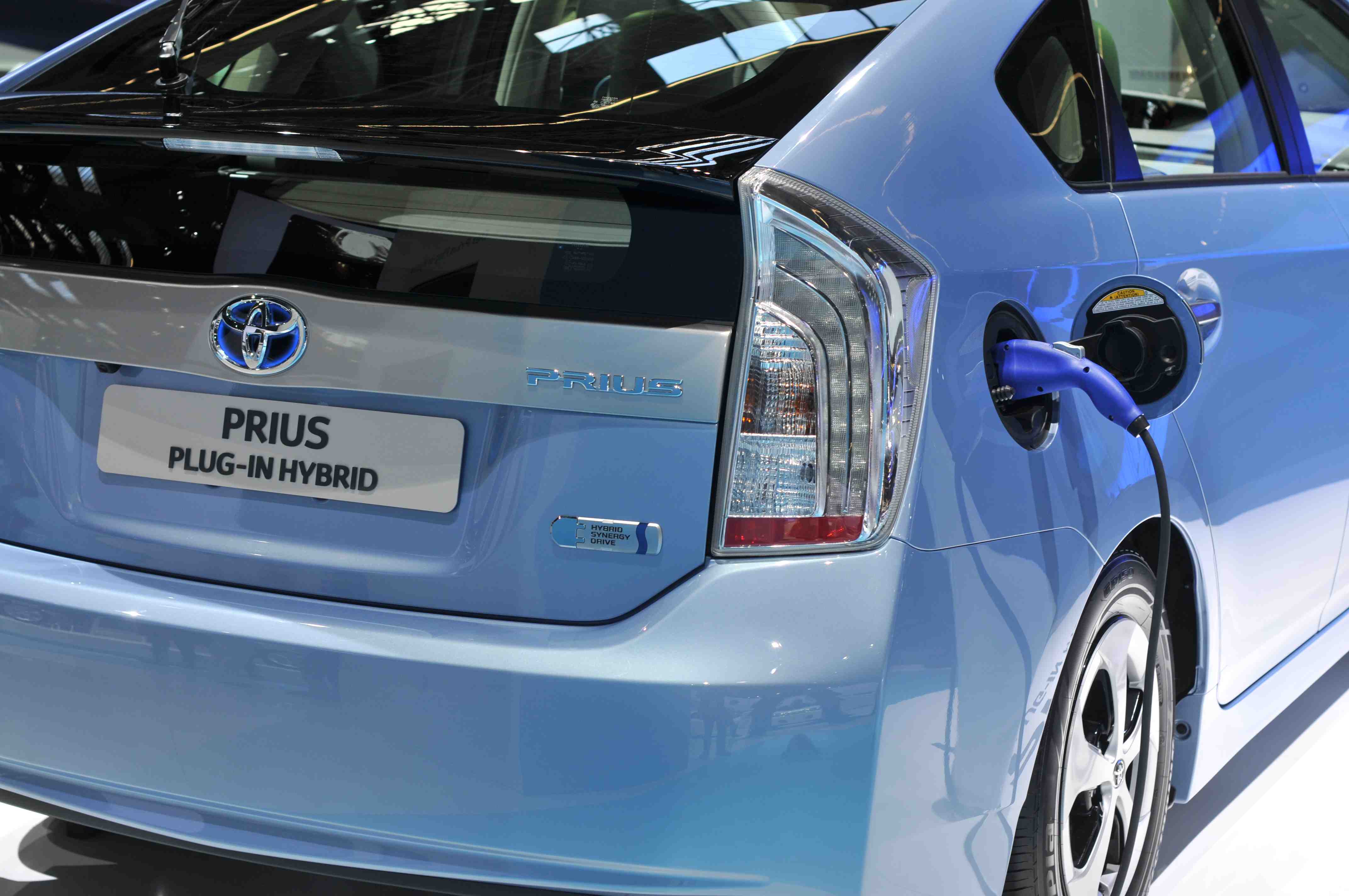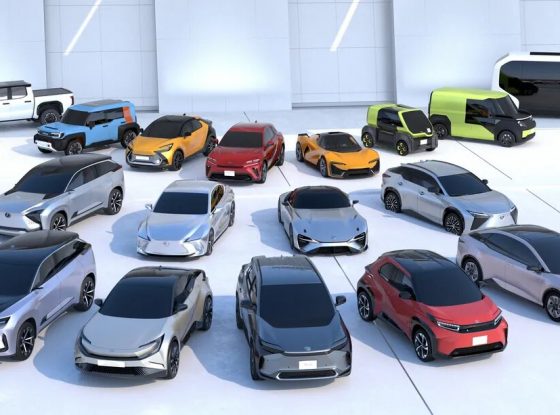Are plug-in electric vehicles the way to go?

Graham Morse
It is over 160 years since Karl Benz designed and built his first four-stroke combustion engine, which became the first automobile in series production. The internal combustion engine has had a good run, but its days are numbered.
Electric vehicles (EVs) are the fastest-growing sector of the automobile industry. In the first six months of 2021, sales surged by 160% in the top three markets: China, US and Europe. Growth is driven by the governments’ commitment to cut back fossil fuel cars as part of their contribution to tackle the climate change catastrophe facing the world.
The UK will ban the sale of fossil fuel cars from 2035 or sooner. Manufacturers have accepted the inevitability of change. GM aims to stop selling gas cars and trucks by 2035, Volvo by 2030.
But here in the Cayman Islands, adoption of electric vehicles has been a trickle. A few private individuals have imported new EVs, and some pre-owned EVs have been available from Cayman Automotive. But most new car buyers like to go to a main dealer. They want to see the car, ‘kick the tyres’, take a test drive, and know that the dealer is there to support the vehicle
No main dealers have been able to offer an EV. Now, that is changing. Arch Automotive, the Audi dealers, are offering four models for sale, variations of the style and specification of the Audi e-tron.
Cayman is the perfect market for electric cars. In most countries, resistance to buying an electric car has largely been due to limited range, not enough charging stations, and the fear of battery power running out. The Audi e-tron has a range of 180 miles, so an overnight charge at home should be all that anyone needs.
But are plug-in electric vehicles the way to go if you want to play your part in reducing carbon emissions? It is true that the electricity used is, in part, generated from fossil fuels and most of Cayman’s electricity is created by Caribbean Utilities Company’s diesel generators. (Under Cayman’s National Energy Policy, 70% of all electricity generated will be from renewables by 2037.) And batteries are made from rare earth elements which have high CO2 emissions when mined.

The Audi e-tron electric car. – Photo: Supplied
But electric cars today are still more eco-friendly than fossil fuel cars. European research shows that CO2 emissions from EVs are 17-30% lower than a gas or diesel car. Chevrolet’s popular EV, the Chevy Volt, on average emits 1.89 grams of carbon dioxide per mile compared to Toyota’s gas-powered Camry, which emits 3.85 grams per mile. EVs also provide an improvement in our quality of life by reducing air and noise pollution.
Arch Automotive owner Craig Arch, said, “It has taken us almost four years to get Audi approval, and we are one of only seven countries in the Caribbean and Latin America to achieve that.” He expects high demand and has ordered 25 e-trons from Audi, and already sold 10. The cars come with an eight-year battery warranty, a five-year car warranty and five years free servicing.
But with world demand so high, and an industry hampered by a semiconductor chip shortage, he expects supply problems, and anticipates that the waiting time from order to delivery could be three-to-six months, depending on the specifications. But buyers taking cars with Audi’s standard specs won’t have to wait as long as people seeking ‘special’ extras.
Other dealers have also been frustrated by manufacturers’ resistance to approving and supplying EVs. Car City hope to have the Mercedes EQA, EQB and EQS here early next year. GT Motors are hoping they may get some electric BMW models in Cayman sometime next year as well. Prestige have ordered a Hyundai Kona, a small electric crossover, which they hope to have in the showroom in March. Other dealers who are sceptical about demand will be taking note.
It’s been a long time coming, but as dealers overcome manufacturers’ lengthy approval processes, we can expect to see more EV brands in Cayman showrooms next year, and more buyers switching to a cleaner, quieter car.
Source : caymancompass.com



